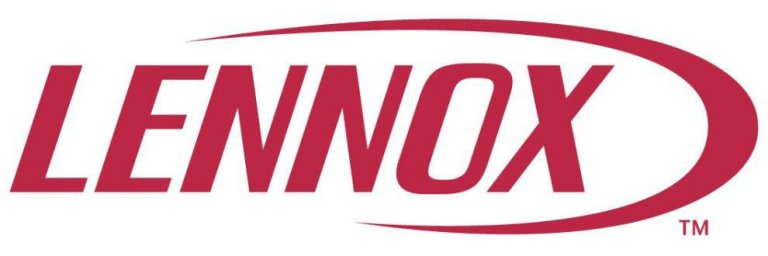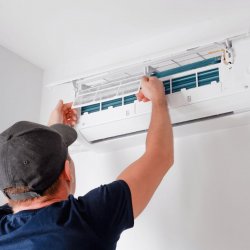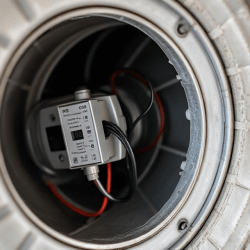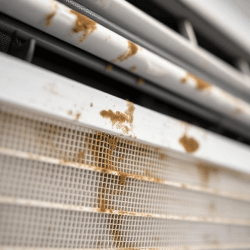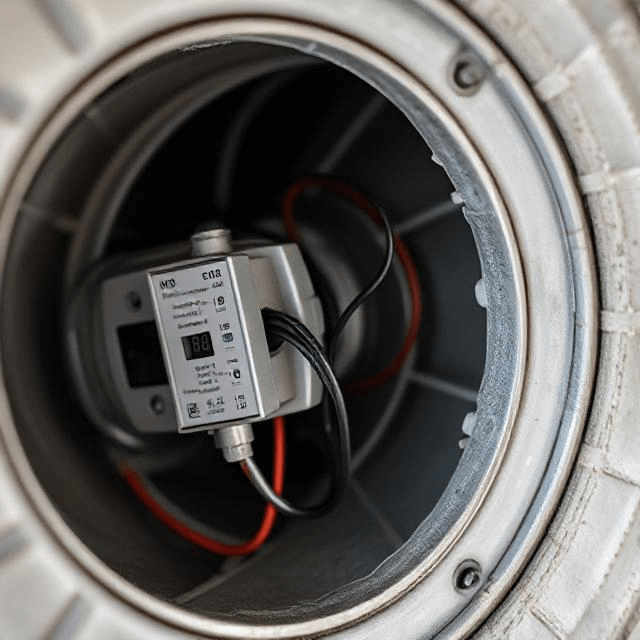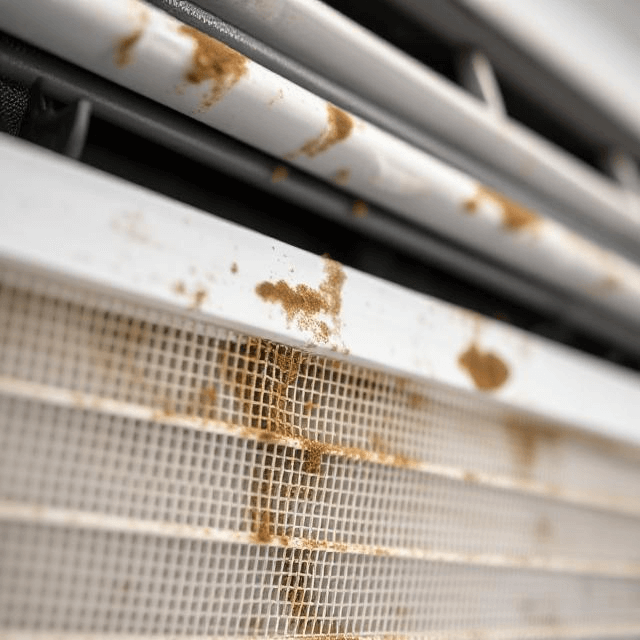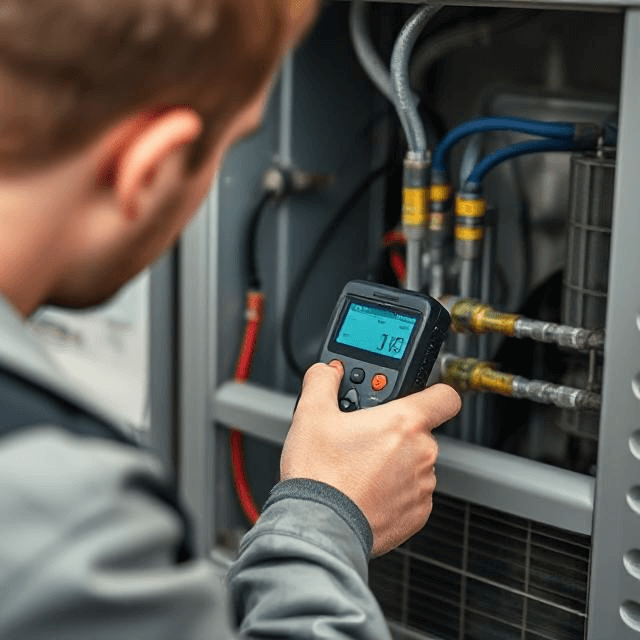HVAC systems are the unsung heroes of our homes, keeping us cool in summer and warm in winter.
But like any powerful tool, they demand attention. Neglected safety measures can transform your haven into a hazard zone.
In this post, let’s learn the best practices for HVAC safety with Season Control HVAC. Whether you are a homeowner or a contractor, following these guidelines ensures your HVAC system operates safely, protecting your home and everyone in it.
Safety Guidelines for Homeowners
Importance of Regular Maintenance
Regular professional maintenance of your HVAC system is crucial for both safety and efficiency.
A professional technician can identify and repair issues like faulty wiring, leaking refrigerants, or blocked vents before they pose a serious threat. Additionally, regular tune-ups ensure your system operates at peak efficiency, reducing energy costs and extending the lifespan of your unit.
Carbon Monoxide (CO) Detection and Safety
Installing carbon monoxide detectors near HVAC units and sleeping areas is essential for safety. CO is a colorless, odorless gas that can be deadly if inhaled.
It’s important to understand the symptoms of CO poisoning, which include headache, dizziness, weakness, upset stomach, vomiting, chest pain, and confusion. Being alert to these symptoms can save lives, especially in homes with fuel-burning appliances or attached garages.
Change Filters Regularly
Dirty filters can obstruct airflow, causing your system to work harder. This increases energy consumption and can overheat components, potentially leading to a fire hazard.
If you have pets or suffer from allergies, replace your air filters every 90 days or more for optimal air quality and system performance.
Keep Vents and Units Clear
Make sure that all HVAC vents and external units are free of obstructions.
Keep furniture, curtains, toys, and other household items at least a few feet from vents. This helps prevent fire risks due to overheating and ensures proper air circulation, contributing to effective and efficient heating and cooling of your home.
Inspect Fuel Lines
Check fuel lines periodically for any signs of wear, tear, or leaks. A gas leak can be particularly hazardous, with risks ranging from fires to explosions.
If you detect the gas smell or suspect a leak, it’s important to act quickly. Evacuate the area immediately and call in professionals for emergency repairs. Never attempt to repair gas lines yourself.
Electrical Safety
Homeowners should avoid DIY electrical repairs on HVAC systems, as these can lead to serious injuries or worsen the problem. Electrical issues should always be handled by qualified electricians or HVAC professionals who have the tools and training to safely make repairs. This ensures that your system’s electrical components are properly serviced, reducing the risk of fire or electrocution.
Emergency Preparedness
It’s advisable for homeowners to keep a basic first-aid kit readily available and to know the steps to take in an HVAC-related emergency.
This includes knowledge of how to shut off the HVAC system and main power supply in case of a fire or other emergency. Educate all household members on these procedures and practice them if possible to ensure everyone knows what to do in an emergency situation.
Safety Guidelines for Contractors
Adherence to Safety Codes and Regulations
Contractors must always adhere to local, state, and federal safety codes and regulations when installing, repairing, or maintaining HVAC systems. This includes obtaining the necessary permits and inspections to ensure that all work is up to standard.
Use of Personal Protective Equipment (PPE)
It is crucial for HVAC contractors to wear appropriate personal protective equipment while on the job. This includes safety glasses, gloves, ear protection, and respirators when necessary.
PPE protects against various hazards encountered during HVAC work, such as electrical shocks, harmful dust, and chemical exposure from refrigerants.
Proper Handling and Disposal of Materials
Contractors must be trained in the proper handling and disposal of hazardous materials, such as refrigerants and asbestos, which might be found in older HVAC systems.
Refrigerants, in particular, must be recovered and recycled or properly disposed of according to Environmental Protection Agency (EPA) regulations to prevent environmental harm and health risks.
Regular Training and Certification
Continual education and training are essential for HVAC contractors to stay updated on the latest technologies, tools, safety practices, and regulatory changes.
Regular certification programs, such as those offered by industry organizations like HVAC Excellence and the North American Technician Excellence (NATE), can help ensure contractors have the skills needed to perform their work safely and effectively.
Electrical Safety Best Practices
Since HVAC systems involve complex electrical components, contractors should follow best practices for electrical safety. This includes verifying that the power is off before starting work, using the appropriate tools for electrical work, and regularly inspecting tools and equipment for damage or wear.
Communication and Emergency Procedures
Maintain proper communication among team members and with clients for a safe work environment.
Contractors should also have a clear plan for dealing with emergencies. This includes knowledge of first aid, fire safety procedures, and tips to respond in the event of a gas leak or electrical hazard.
Ensuring Safety and Efficiency in HVAC Operations
Adhering to these comprehensive safety guidelines is essential for homeowners and contractors to ensure the proper functioning and safety of HVAC systems. By taking proactive steps towards maintenance and safety compliance and preparing for emergencies, we can safeguard our environments against potential hazards.
Call Season Control HVAC at (818) 452-5406 for personalized assistance and expert advice on maintaining your HVAC system safely. Ensure efficient and secure operation with professional support today!
